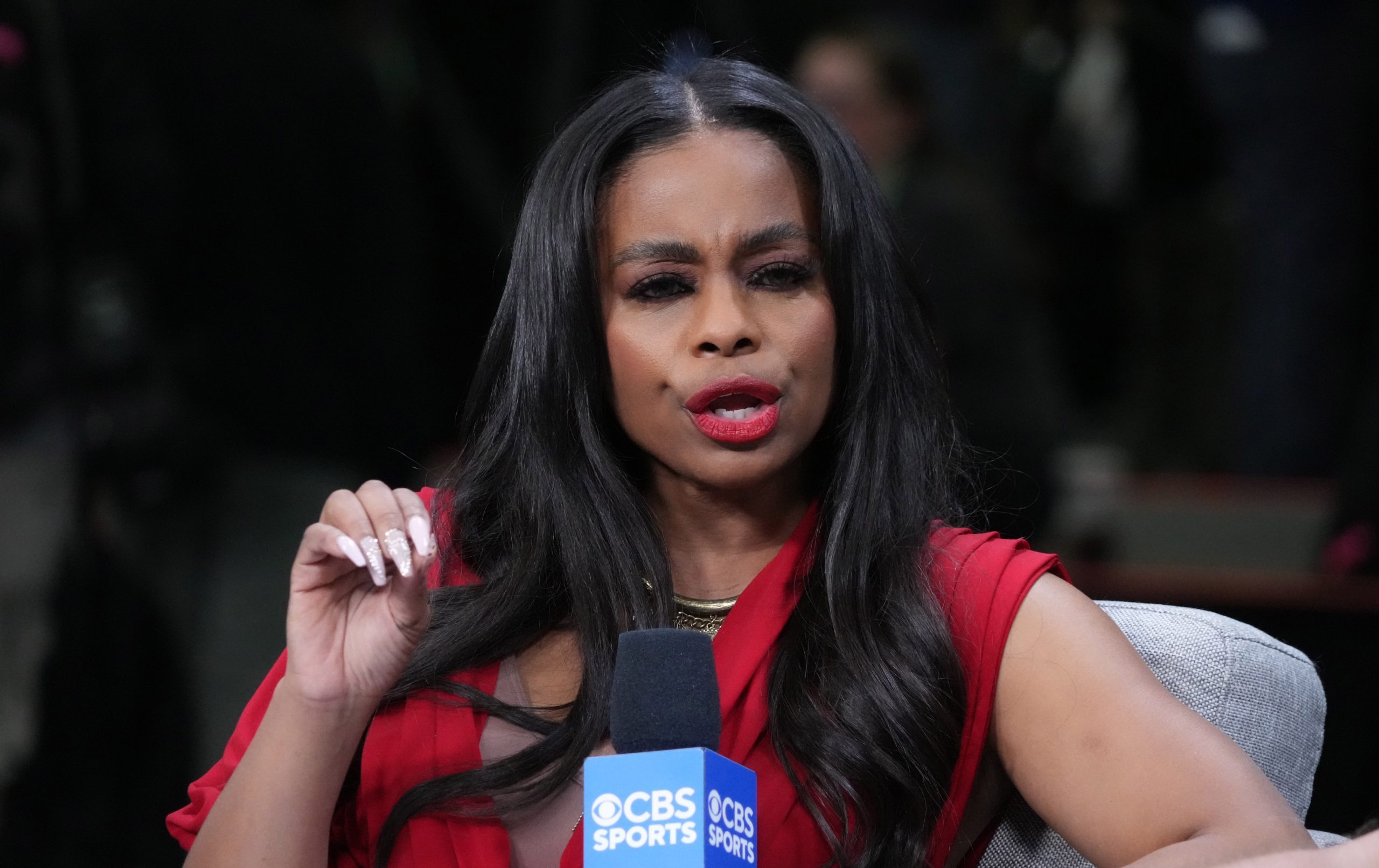Young people make things popular and cool. Decades ago, a new generation fueled the rise of hip-hop and the distinctly American cross-pollination of music and sports.
As we recognize the 50th birthday of hip-hop, ESPN is joining the celebration with its E:60‘s The Crossover: 50 Years of Hip Hop and Sports. This documentary focuses on how these entities became intertwined, featuring interviews with artists, athletes, academics, and media members. Most of the people featured in this 70-minute film are old now. Hip-hop is mainstream as rappers have surpassed rockers in the pop-culture hierarchy. But there was a time when American youth championed a fresh, rebellious sound, completely different from what their parents listened to.
Hip-hop has seeped into many aspects of our lives: music, clothes, and sports. And when we talk about culture, the conversation is about a specific kind. As acclaimed author and professor Michael Eric Dyson mentions in The Crossover: “The culture is Black life.” Added former NBA player and ex-ESPN analyst Jalen Rose: “The culture has a soundtrack. It’s called hip-hop.”
Hip-hop has its origins in New York City in the 1970s. It started with a party in the Bronx, spread across the boroughs of NYC and later throughout the nation. Hip-hop was the music often heard in the playgrounds at basketball courts. A connection was forged, and it has been unbreakable ever since.
A new @E60 & ESPN Films presentation examines the relationship between sports & hip hop
— ESPN PR (@ESPNPR) August 30, 2023
'The Crossover: 50 Years of Hip Hop and Sports'
Tuesday, Sept. 12 | 7:30p ET | ESPN, @ESPNPlus
More: https://t.co/l9x1a8UmU0 pic.twitter.com/bisnsf6LBM
Julian Gooden, director of The Crossover, wants the viewer to see the culture as more than just a fusion of fashion, sports, and music. He describes the roots of Black expression because the whos, whats, and whys matter. From the Civil Rights era to the present day, some activists speak their truths through the artistry of music and sports.
There’s a poignant moment in the documentary when Dr. Todd Boyd, a professor of Race and Culture at USC, describes Muhammad Ali as a hip-hop figure before hip-hop existed. It’s an astute observation because Ali famously spoke in rhymes, including one of his most famous quotes: “Float like a butterfly, sting like a bee. His hands can’t hit what his eyes can’t see.” Laila Ali never saw her father that way but said, “definitely there were some similarities there.”
Ali served as his own hypeman, unabashedly confident in announcing his presence and intentions to the world. He wanted to be the best, and he was, proclaiming himself as “The Greatest of All Time” a slogan that has lived on long after his death in 2016.
This bravado is often a common theme in hip-hop artists and in athletes. To achieve at the highest levels in both, you must possess an uncommon amount of faith in yourself. Deion Sanders was one of the first professional athletes to dress and act like a hip-hop star. He even made a record. While we see him in archival clips in The Crossover, he’s not one of the interviewees in the film. That’s a disappointment, especially given his successful debut at Colorado.
But this culture is not limited to personal achievement. Gooden examines how hip-hop artists and athletes have used their platforms to speak on social justice issues. Rappers like Ice Cube, who is featured in this documentary, sang about problems in his community. And Black athletes today, most notably LeBron James, have worked to raise public awareness and encourage change. (James has also brought Black entertainers from all walks of life together with his talk show The Shop.).
Ultimately, The Crossover is a thoughtful look at why the mixture of hip-hop and sports continues to resonate today. It isn’t just a part of Black life. It’s a part of American life.
The Crossover premieres Tuesday, Sept. 12, at 7:30 p.m. ET on ESPN. It’ll be available to stream on ESPN+ following its first airing.





